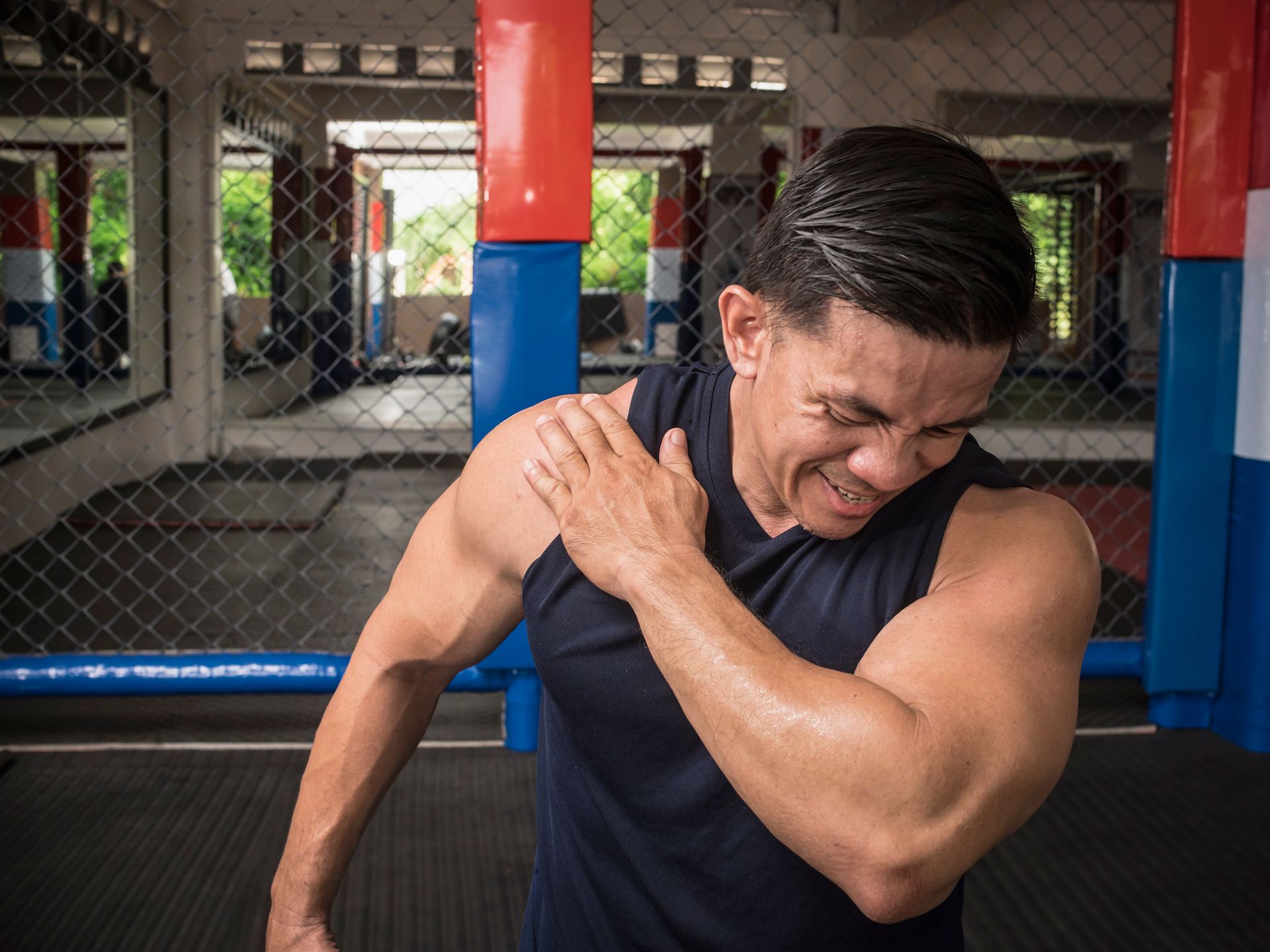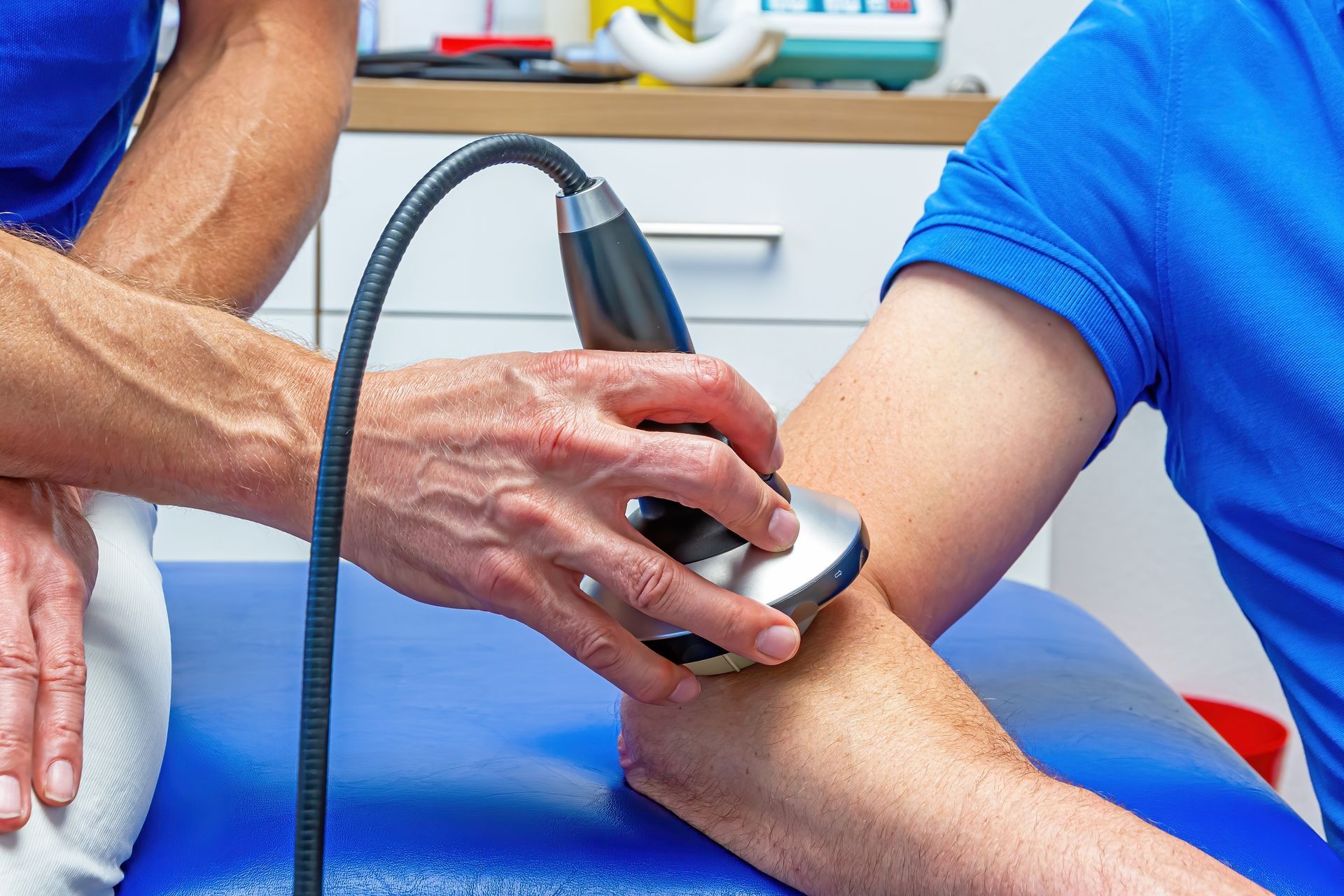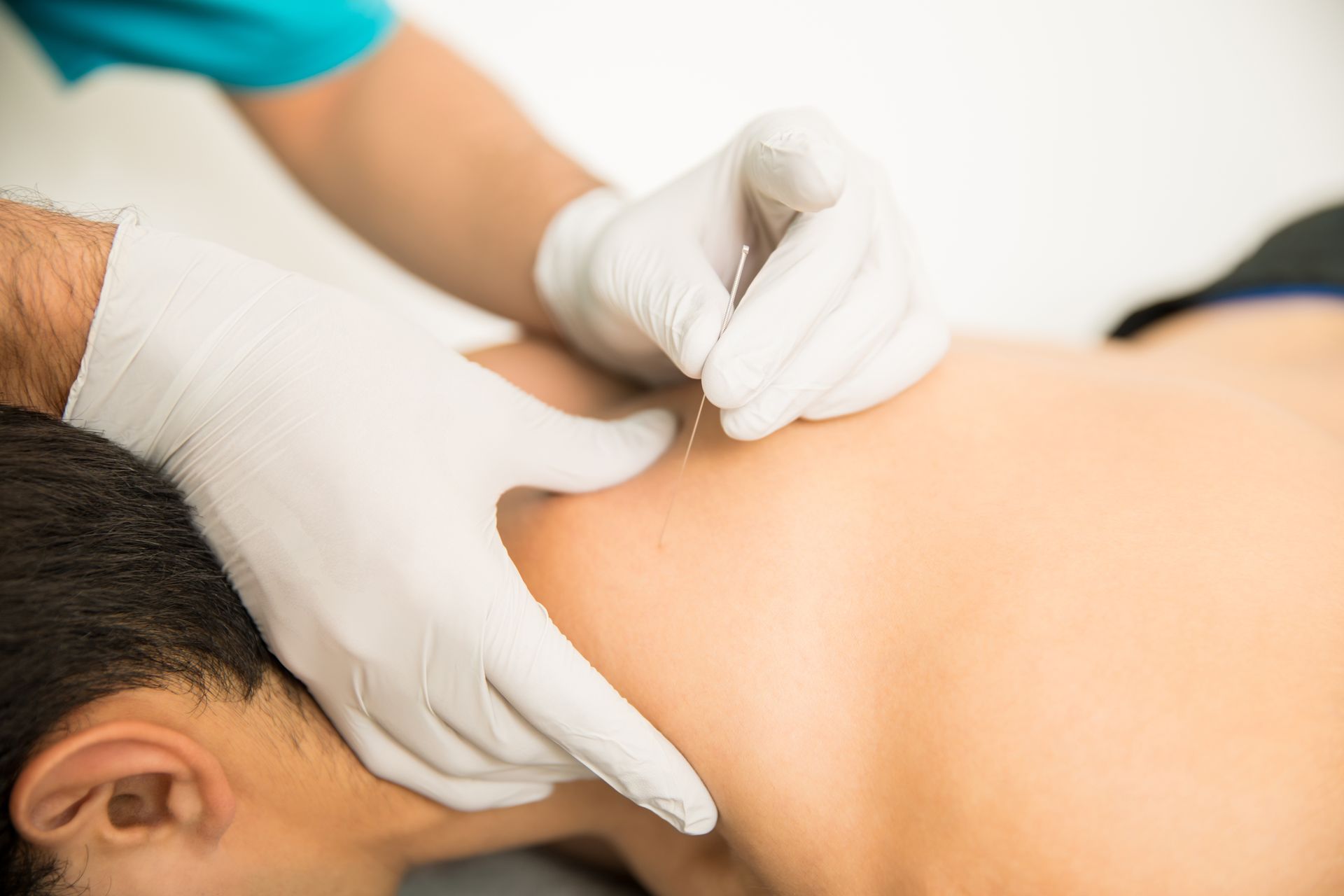Preparing for Hip and Knee Replacement: The Importance of Pre- and Post-Op Physiotherapy with Kieran
Hip and knee replacements are very common procedures that can improve joint functionality and alleviate pain. However, the success of these operations depends on many things, including appropriate rehabilitation after surgery and proper preparation before the surgery. In this blog, we'll talk about Kieran, an experienced physiotherapist at Total Rehabilitation & Sports Injuries Clinic, who can guide patients through the entire joint replacement journey, from pre-op to post-op physiotherapy.
Kieran understands the importance of pre-op physiotherapy, which essentially focuses on three main aspects:
1. Strengthening the muscles: Pre-operative physical therapy involves building strength in the muscles around the joint. Strengthening the muscles can help reduce post-operative pain and provide better support for the new joint.
2. Increasing mobility: It is important to improve flexibility and mobility in the joint before the surgery. This helps to reduce stiffness after the procedure and makes it easier to regain the range of motion during the post-op rehab process.
3. Education: Your physiotherapist will educate you about the surgery itself, what to expect during recovery, and specific exercises that will be essential aspects of your rehabilitation program.
By addressing these areas before surgery through a customized pre-op physiotherapy program, you'll be better positioned for successful joint replacement surgery and transition more smoothly to a post-op physiotherapy program.
After hip or knee replacement surgery, rehabilitation is critical in regaining a full range of motion, strength, and function in the affected joint. The Manitoba government has made it easier for eligible Manitobans recovering from total hip and knee replacement surgery to access these critical physiotherapy and rehabilitation services from any Manitoba physiotherapy clinic. Patients who have had total hip or knee replacement surgery from 1st January 2023, and who have not received post-operative rehabilitation, can qualify for up to six individual physiotherapy sessions or ten group sessions starting April 1st, 2023, by the licensed provider of their choice.
A comprehensive post-op rehabilitation program typically includes:
1. Pain management: Your physiotherapist will offer pain-relieving strategies, such as ice or heat application, to help manage any discomfort and inflammation during recovery.
2. Mobility exercises: Gentle range-of-motion exercises will be suggested to restore joint flexibility and prevent scar tissue formation around the new joint.
3. Strengthening exercises: A gradual strengthening program can help rebuild the muscles surrounding the joint, which enhances support for the new joint and decreases the risk of complications.
4. Functional training: As your strength and mobility improve, your physiotherapist will introduce more advanced exercises focused on specific daily activities, such as walking, climbing stairs, and getting in and out of a chair or a car.
5. Gait retraining: Your physiotherapist will assess and provide guidance to improve your walking pattern, ensuring proper biomechanics and promoting long-term joint health.
6. Ongoing support and progress monitoring: Regular follow-up appointments with your physiotherapist will help monitor your progress, address any concerns, and modify your rehab program as needed.
At Total Rehabilitation & Sports Injury Clinic, Kieran and his colleagues understand the unique challenges and concerns that come with joint replacement surgery, and they are committed to providing the highest level of care and guidance throughout your journey.
If you're scheduled for a hip or knee replacement, investing in pre- and post-op physiotherapy can significantly enhance the success of your surgery and help you regain a healthy, active lifestyle. Call Total Rehabilitation & Sports Injuries Clinic today to schedule a consultation with Kieran and start your personalized journey toward a successful hip or knee replacement.










